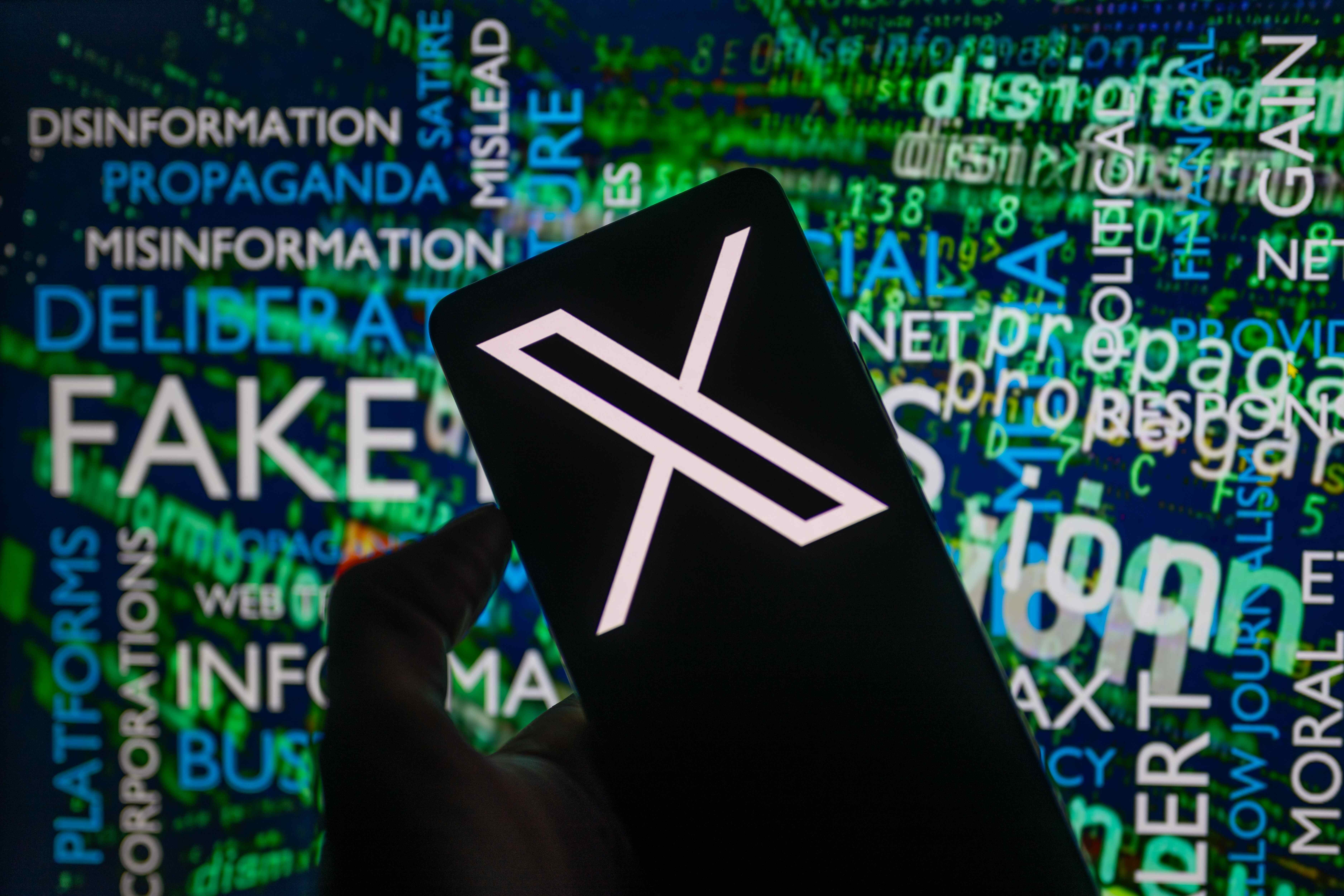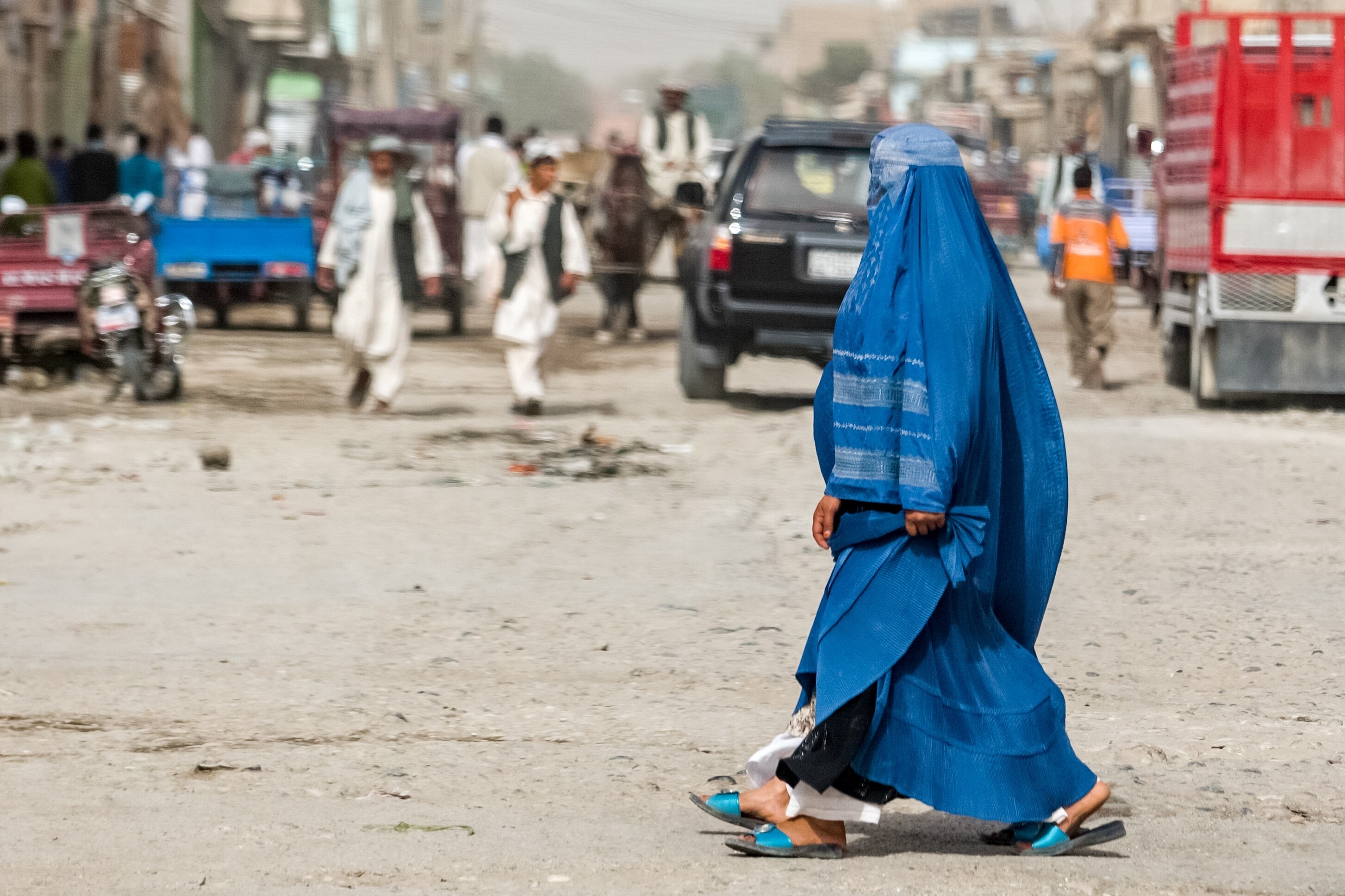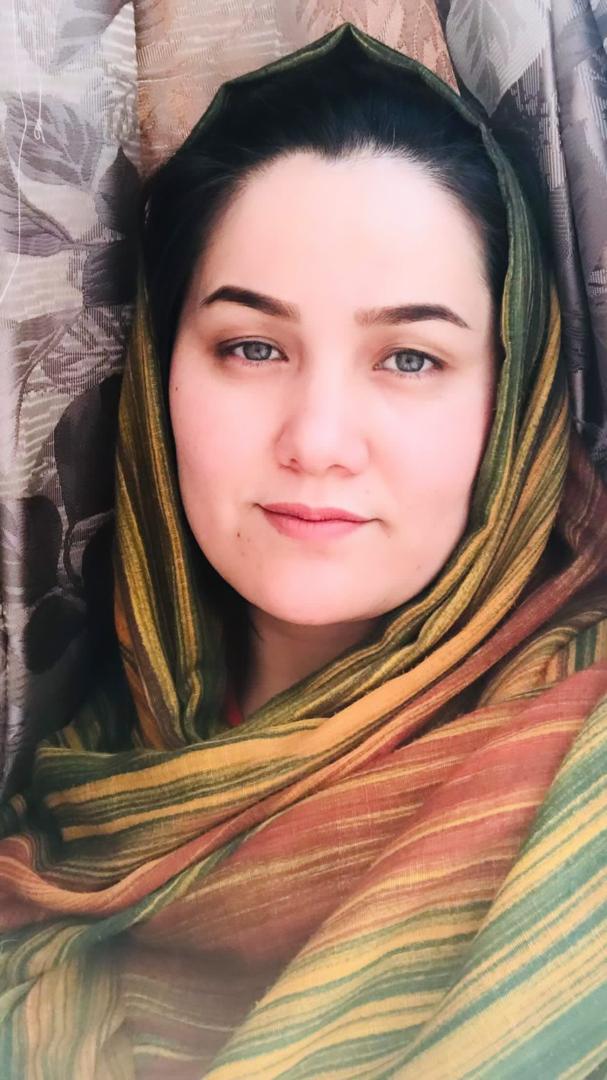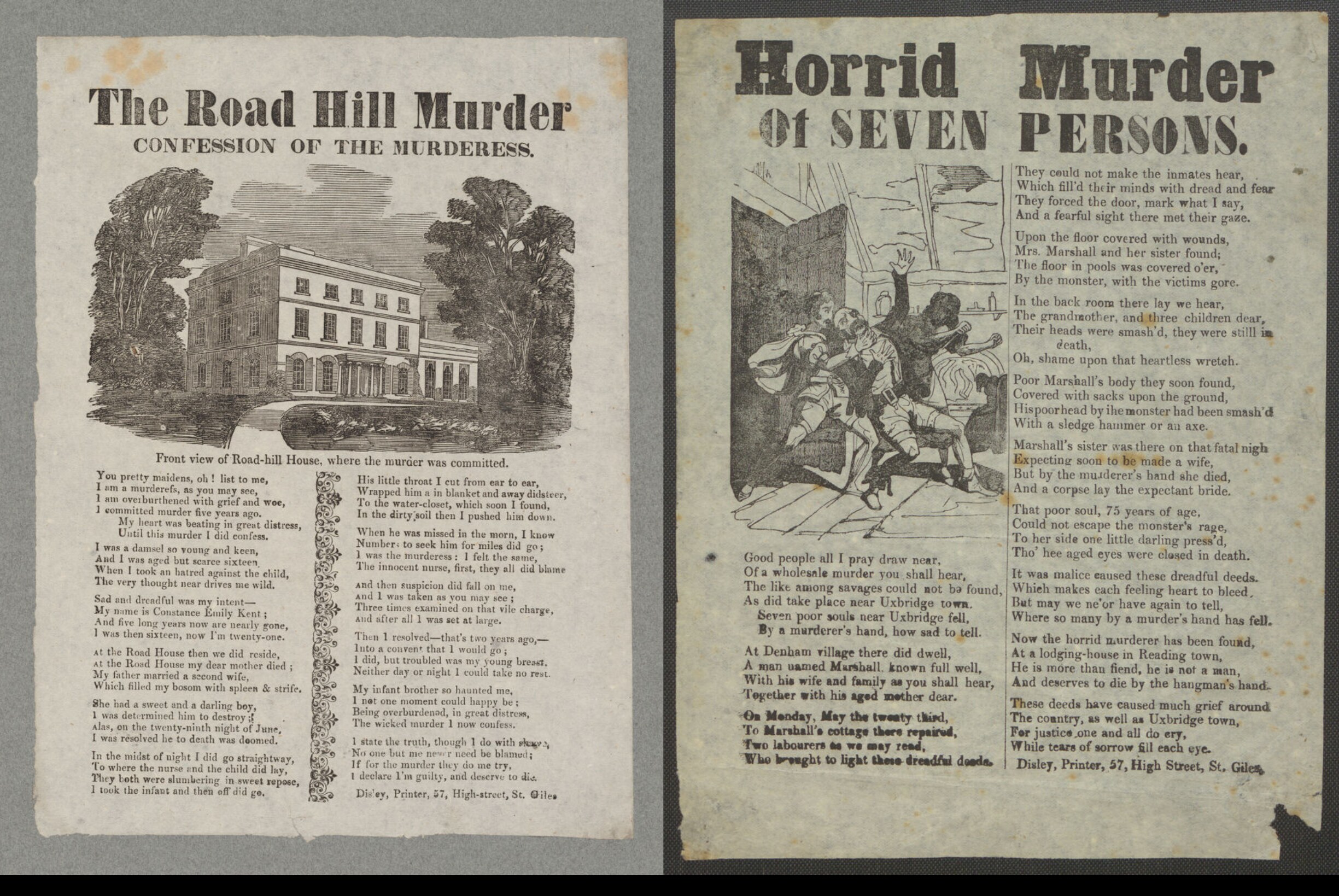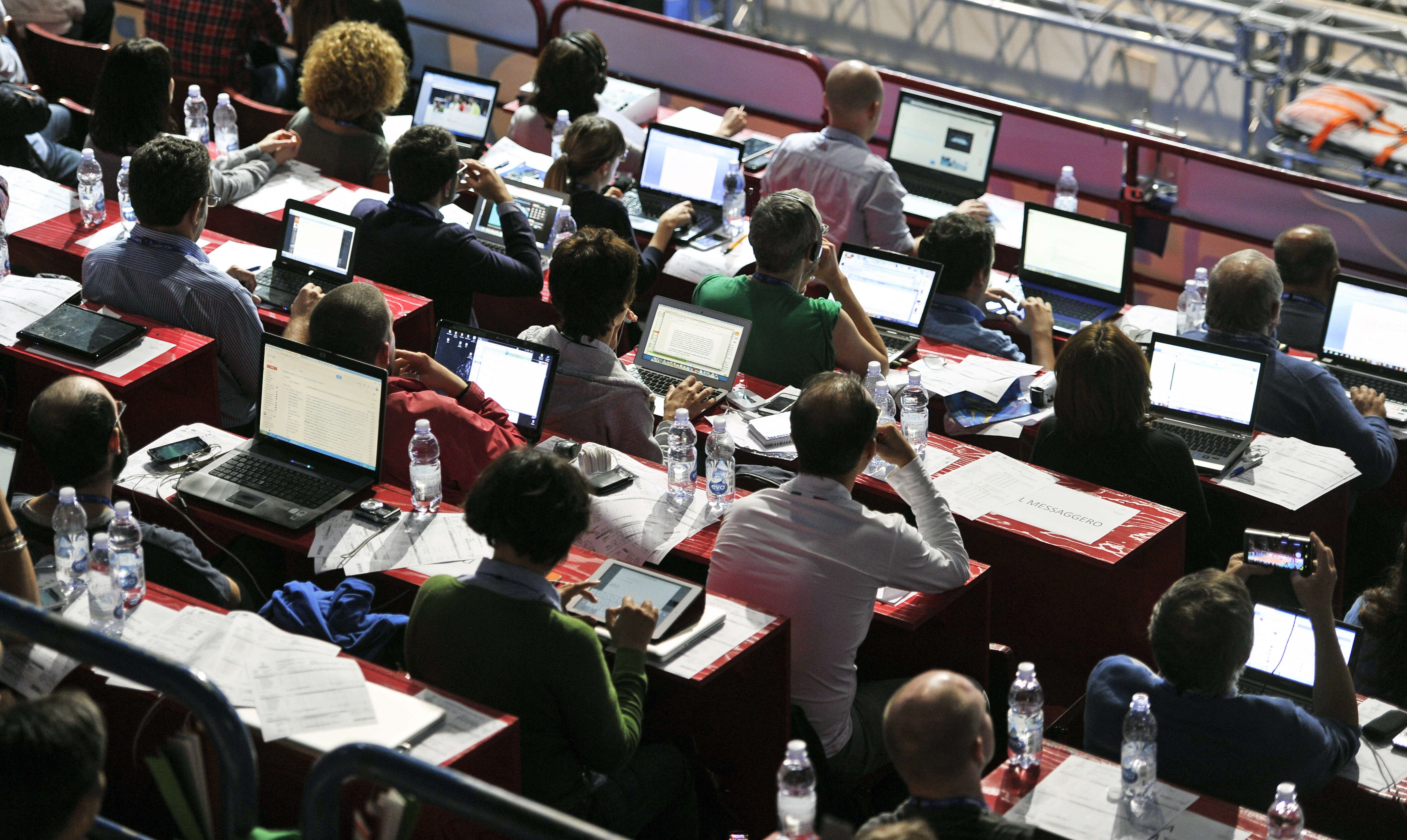لا تقرّر الاستعجال في مشاهدة فيلم " Don’t Look Up" لأنه الفيلم الذي تخبرك منصة "نتفلكس" عن تصدّره حالياً قائمة المشاهدات، لا لأنه يجمع عدداً من نجوم هوليوود البارزين، بل بسبب الجدل الدائر حوله على منصات مواقع التواصل الاجتماعي. تغريدات المشاهدين، التي تنقسم بوضوح بين مرحّب وبين منتقد، هي مدخلك إلى الفيلم. تحضّر نفسك لمشاهدته مع شعور بضرورة أن تكون، أنت أيضاً، جاهزاً لتحديد موقعك من الاصطفاف الحاصل: مع أو ضد.
عنوان فيلم المخرج آدم مكاي يضعك أيضاً أمام اصطفاف، ذلك أننا سنكتشف أن "لا تنظر إلى الأعلى" هو شعار حملة انتخابية واجهت حملة مضادة شعارها "انظر إلى الأعلى". وفي إطار الثنائية نفسها، نستمع إلى مقدّم البرنامج التلفزيوني الشهير يقول لضيفه البروفيسور راندل ميندي (ليوناردو دي كابريو): "أجبني بنعم أو لا"، في نهاية سؤال عن احتمال وجود حياة في الفضاء. يجيب الأستاذ الجامعي بداية بشكل علمي: نحتاج إلى بيانات... لكنه عندما يشعر بأن الإجابة لم تعجب المذيع، يخضع للعبة ويقول: نعم، لا بد أن تكون هناك حياة.
هذه الثنائيات تختزل القضايا، وأبرزها أزمة المناخ التي يستفيد الفيلم المثير للجدل من مسارها، لكي يكشف لنا حجم الأسى الذي يشعر به أشخاص، يرون خطراً متحققاً بنسبة 100%، وهو عبارة عن مذنّب كبير سيصل إلى كوكب الأرض خلال ستة أشهر و14 يوماً ويدمّره. ومع ذلك يفشلون في إقناع القادرين على اتخاذ قرار الإنقاذ بالتحرّك. ذلك أن الطموحات الانتخابية والمصالح الاقتصادية هي التي تحرّك أصحاب القرار (أو تقيّدهم) ولو كانت على حساب حياة الكوكب وقاطنيه.
يوصف الفيلم بالساخر، وبتوظيفه الهجاء السياسي أو الكوميديا السوداء في وصف منظومة المصالح الأمريكية التي تستفيد من تحالف وثيق يشكل أضلع مثلث متماسك: السياسة والاقتصاد والإعلام. لكن الحقيقة أن الفيلم يمكن وصفه بالواقعي، وإذا بالغنا قليلاً يمكن القول إنه توثيقي. يكفي مشهد المقابلة التلفزيونية في الفيلم للقول إنه يكاد يكون نقلاً حرفياً لآلاف المقابلات التلفزيونية التي نشاهدها، والتي جعلت من النموذج الأمريكي مدرسة لها فباتت تقوم في غالبيتها على السطحية والضحالة.
في هذه المقابلة نكتشف بعضاً مما يتعرّض له العلماء عندما يطلّون على الشاشة الصغيرة. هؤلاء الواثقون من دقة معطياتهم وصحتها، يبدون عاجزين عن إقناع الناس بالخطر المتحقق كما حصل مع البروفيسور ميندي وطالبته كيت ديبياسكي (جنيفير لورنس). فهل يكون السبب أنهما لم يخضعا لـ"تدريب إعلامي" كما نُصحا أكثر من مرة؟

لكن على ماذا سيتدرّب العلماء إعلامياً؟
على أن يقدّموا الحقائق العلمية التي تحتاج إلى شرح في وقت قصير لا يتجاوز خمس دقائق؟
أو أن يختزلوا الإجابات، فيكتفوا بقول نعم أو لا على أمر لم يتأكدوا منه بعد؟
أو أن يقدّموا الحقيقة الموجعة، ولكن "بشكل خفيف وممتع". وعندما تنفعل طالبة الدكتوراه، وهي تؤكد أن الكوكب ذاهب إلى الفناء وأننا سنموت جميعاً، تتعرّض لحملة تنمّر واسعة على مواقع التواصل الاجتماعي، ويغذي ذلك كونها امرأة؟
أو أن يُقسِم العالِم أن ما يقوله لا يعني انحيازه إلى طرف دون آخر في السياسة؟
كلّ ما سبق أعلاه يشكل فعلياً جزءاً بسيطاً مما يتعرّض له علماء المناخ والناشطون البيئيون في علاقتهم مع وسائل الإعلام وهناك ما هو أكثر. العلماء مضطرون أن يواجهوا، في البرامج الحوارية مثلاً، صاحب "رأي آخر"، وأن يجيبوا على سؤال من قبيل "هل أنت مع تغيّر المناخ أو ضده؟"، ثم يضطرون للسكوت على كلام من يواجههم بأن كلامهم العلمي ليس إلا "وجهة نظر"، حفاظاً على "الموضوعية". وهم يتعرّضون لإلغاء مقابلة تلفزيونية محدّدة لهم لأن أحد كبار أغنياء العالم اختار أن يعرض إعلاناً لمركبة فضائية جديدة في توقيت المقابلة. هذه أمور حصلت فعلاً.
ورغم أننا أمام أكبر خطر يهدّدنا، وهو يحدث فعلاً وتأثيراته بدأت تشمل دولاً كثيرة حول العالم ولا تنتظر ستة أشهر و14 يوماً كما الخطر الداهم في الفيلم، يبقى إعلامنا رهينة المصالح السياسية والاقتصادية مغلّباً التفاهة على حياة الكوكب وأهله. لا، هذه ليست مجرد كوميديا سوداء، ولا توجد سخرية ولا حتى مبالغة في نقل تعامل الإعلام مع العلم ولا مع أزمة المناخ التي تتحمّل الولايات المتحدة الأمريكية جزءاً كبيراً من مسؤوليتها عنها، فيما يشكل سكان الدول الفقيرة أبرز ضحاياها. وقد يكون مشهد الهندي الذي يرتدي زيّه التقليدي، وهو يحاول التصدي للمذنّب بيديه، أكثر المشاهد إيلاماً في هذا الفيلم لأنه يصوّر بكلّ وضوح الواقع الذي بات أكثر إضحاكاً (إبكاء) من كلّ ما يمكن للكوميديا أن تنتجه.

في مواجهة هذا الواقع يرضخ البروفيسور ميندي للنصيحة ويترك للمدرّبين الإعلاميين أن يقودوه. يوافق على تشذيب لحيته وتغيير ثيابه، ويمضي وقتاً على مواقع التواصل الاجتماعي للردّ على أصحاب نظرية المؤامرة، ويظهر في برامج أطفال، ثم في ملاحق دعائية مروّجاً لسياسة الحكومة، ولشركة الهاتف الذكي المتعدّد النسخ، وللخط الساخن الذي يفترض أن يطمئن المواطنين. يفعل كلّ ذلك وأكثر. وضعُ الأستاذ الجامعي، الذي لم يكن يسمع به أحد لأنه لم ينشر مقالاته، تحت الأضواء لم يُبقه بمنأى عن سلوكيات أهل الضوء. ينخرط في علاقة مع إعلامية (كايت بلانشيت) سبق أن صادقت رئيسين للولايات المتحدة الأمريكية، ويقف متفرّجاً على حزن زوجته المحبّة والمحافظة على مواعيد دوائه.
هذا السلوك يرضي بيتر (مارك ريلانس)، ثالث أغنياء العالم وصاحب شركة الهاتف الذكي الأشهر، الراغب في الاستحواذ على معادن المذنّب القادم إلى الأرض. فهذا الأداء المطيع للمنظومة يسمح لبيتر بالتنبؤ بمستقبل البروفيسور بما أنه بات يملك كلّ البيانات المتاحة عنه بما فيها أمراضه. يقول له بوجه خال من التعابير: "ستموت وحيداً". والخبر الوحيد الجيّد في الفيلم، أنها نبوءة لن تتحقق، لأن البروفيسور سيقرّر الخروج من "السيستم" عندما يكتشف أن الحلّ الذي تسير فيه رئيسة الولايات المتحدة الأمريكية (ميريل ستريب) وبيتر مموّل حملتها الانتخابية، لن ينقذ الكوكب. ينتفض ويصرخ لمرة أخيرة في الاستديو الذي سبق أن صرخت فيه طالبته: "سنموت جميعاً".
يقرر بعدها العودة إلى بيته ليموت بين أفراد عائلته وأصدقائه بسلام... هكذا ينجو من نبوءة أشعرته عند سماعها بالخواء الذي يعيش فيه. بما أنه يعرف أن النهاية في كل الأحوال هي الموت، فلم لا يموت بشكل أكثر إنسانية، لم لا يموت كما يتمنى جاك هاندي، صاحب الاقتباس الذي يبدأ به الفيلم: "أريد الموت بسلام أثناء النوم مثل جدي، لا أن أصرخ من الرعب كما يفعل ركاب سيارته".

مع أو ضدّ؟
قد لا يكون هذا هو السؤال المناسب. لم لا يكون: كيف يمكن لفيلم مصنّف ضمن خانة الكوميديا أن يجعلك تبكي؟






























